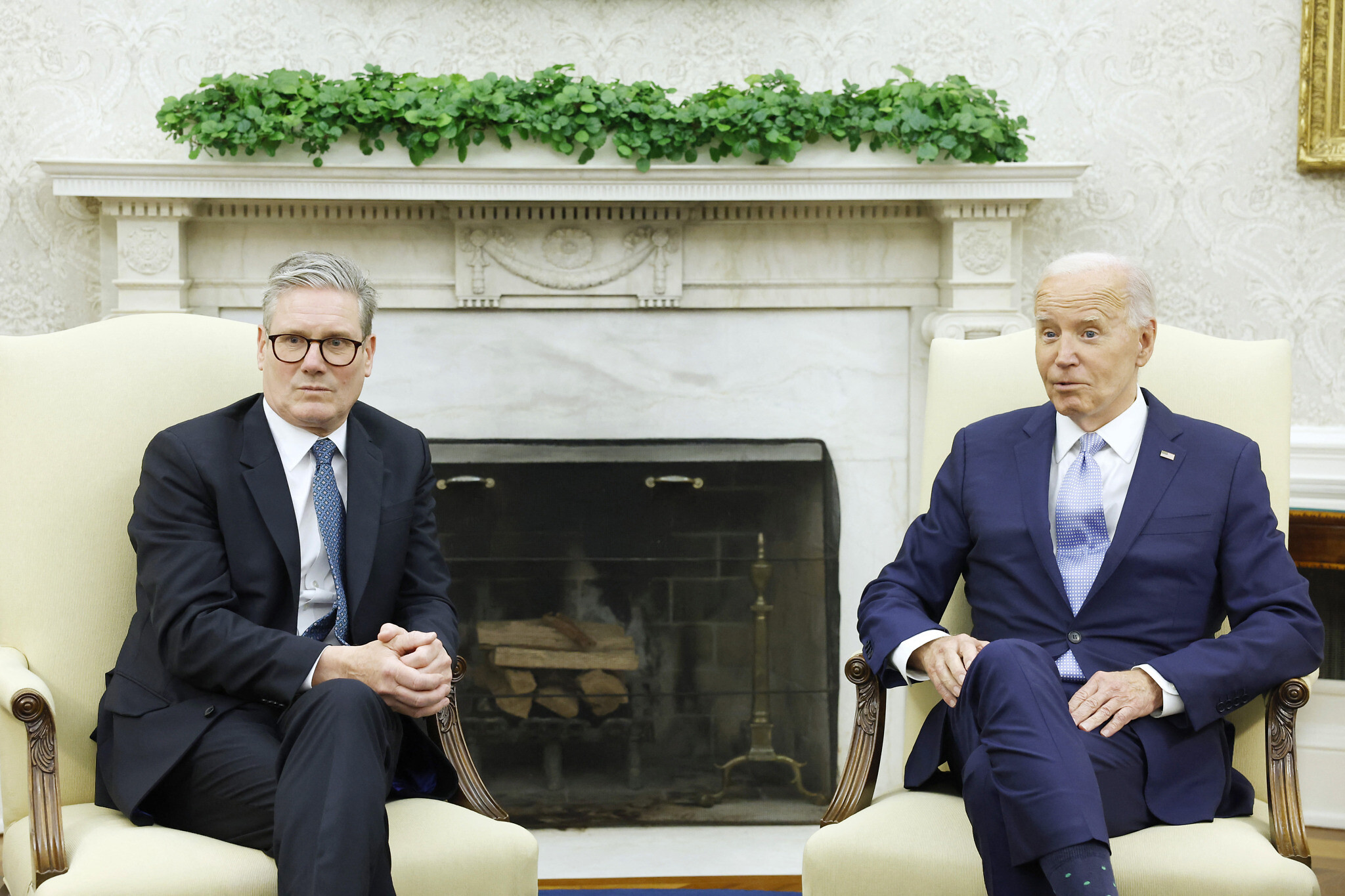The US sends a Message to Israel
At a time when, in the first week of October, Iran fired missiles at Israel, the Biden administration sent a message to Israel to take care. America knew this strike would only inflame tensions across the Middle East; hence, it told Israel not to retaliate without thinking twice by instead offering strategic alternatives that lowered the danger of regional conflict. It is the latest in rising Iran-Israel hostilities, with both sides’ officials treading on fragile terrain just weeks before the US presidential election.
Iranian Attack
Although the Iranian attack on October 1 involved very few casualties, the latter had already created circumstances in which Israel faced various decisions on whether it wanted to respond or not. US officials will soon realise that they will have to prevent a costly response targeting Iran’s nuclear and energy sites that sets off massive destabilisation within the region. According to former US intelligence officer for the Middle East, Jonathan Panikoff, “Proportional response” measures are what Biden’s administration brought about, finally defining the actions of the Israeli military.
Strategies Suggested by the US
After weeks of talk and negotiation, the Biden administration presented its options in front of Israel by showing them the alternatives to its option of increased sanctions on the Iranian oil sector. All this while, it placed high-end air defence system orders for Israel, namely THAAD, which boosted the Israeli system in dealing with subsequent attacks. President Biden and Defense Secretary Lloyd Austin have spoken with Israeli officials several times, pleading for calibrated responses that can bring Iran missile production within the fray while leaving it with nuclear facilities alone within military restraint as much in politics.
Israeli Attack
Finally, the Israeli government attacked the Iranian missile facilities with airstrikes but did not touch nuclear sites or energy resources, as advised by the US. But Prime Minister Benjamin Netanyahu soon came out to condemn it, saying that it is the US influence that defined Israel’s list of targets. In a reaction, Iran’s Supreme Leader, Ali Khamenei, responded with some rhetoric to downplay the damage’s effect and claims that Iran will continue following the event.
National Security vs International Pressure
Though efforts by the United States have been made, Republican officials in the United States criticised the Biden administration for how it handled the situation by saying that curtailing the response of Israel weakens its deterrence. Although tensions in the region have not let up, and diplomatic solutions are not easy to come by, at least for the moment, the strategy of the Biden administration has served to prevent the escalation of the situation. Future responses, however, will take a lot of work to predict because Israel is caught between national security needs and international pressures.















